Radical roots
- barbarahenderson0
- May 17, 2020
- 3 min read
One of the reasons I resisted gardening for so long was that I thought it was a terribly bourgeois thing to do. It belonged to the middle aged and the middle class, the Little Englanders and the readers of the Daily Mail. Now I am having to own up to being both middle aged and middle class (by profession rather than by birth), but that didn't mean I wanted to embrace those associated small-minded values. I noted in a piece in today's Observer (yeah, OK, so that's a pretty middle class publication too) that more of us have taken to gardening in lockdown, and one interviewee commented, "Have I suddenly become 75?"
Ageing leftie
I know the feeling. So I was delighted to realise that in fact gardening has very radical (if you'll excuse the expression) roots. The troublemaking MP and journalist William Cobbett (1763 - 1835), who I learned about when working in his home town of Farnham for a year, is credited with saying: 'If I sowed, planted or dealt in seeds, whatever I did had first in view the destruction of infamous tyrants'. Yurr.

And think about allotments, which are a very socialist thing (and embraced by my hero Jeremy Corbyn).
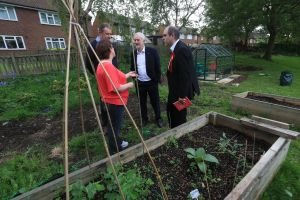
And think about guerilla gardening, and communal gardens and peace gardens - even public parks.
Gardening for nature
The act of growing your own produce is a radical one, as is refusing to pollute a section of land with chemicals. When I first moved to this house, with my big garden ideas that are only now beginning to take shape some two decades later, I joined Borders Organic Gardeners, with its delightful acronym BOG. So the garden has always been chemical free.
But reading Dave Goulson's The Garden Jungle was revelatory. It made me realise just how easy it is to disrupt and destroy our natural environments and wildlife, and how important the tiny ecosystems created by worms, ants, bees etc are really are. (In spite of the book title, Goulson does not urge anyone to turn their garden into a wilderness). Please do read this if you can.
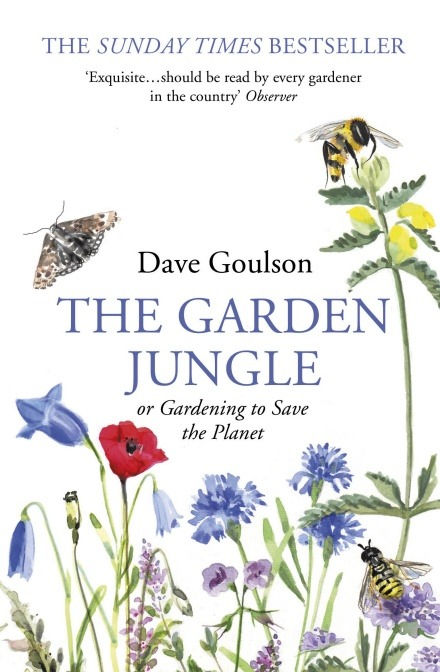
I was horrified to read, for example, that many plants labelled 'Bee friendly' in supermarkets and garden centres are nothing of the sort. They get away with the label because they no longer contain neonicotinoids, but they are treated with all sorts of other nasties.
The one I really want to read is Radical Gardening by George Mackay, but I will have to wait for the libraries to reopen, as there are apparently no e-versions available, and the cheapest copies even on the likes of A****n are more than £100. Wah. We get so used to being able to click and buy these days, don't we?
In the meantime I am doing my very little bit, with the wildlife pond, a log pile, a bug hotel and the reprieve of the dandelion. And I am being much more careful where I source seeds and plants.
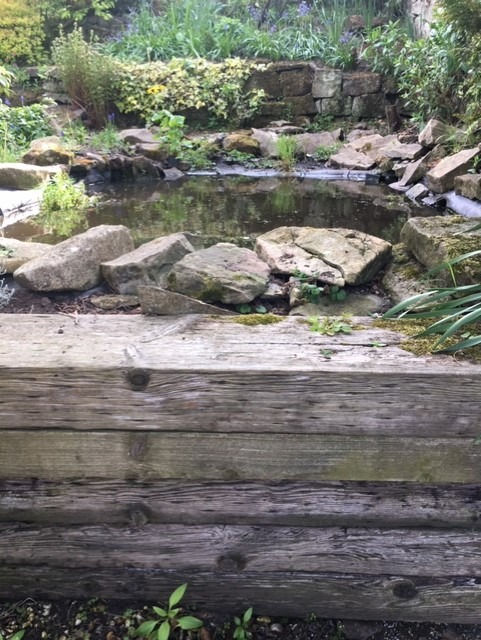
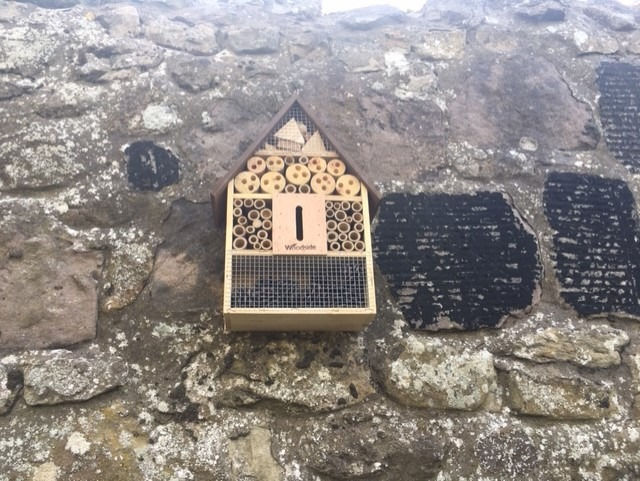
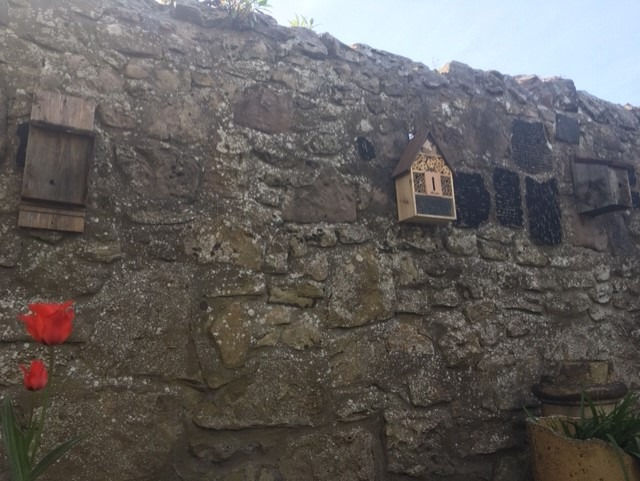
Today's task
As for the garden right now: Callooh!Callay! It's raining. The garden desperately needs it. (And it may deter some idiots from flouting lockdown to go wandering around beauty spots under the guise of exercise).
So today's task was cribbed from Friday's Gardener's World. It involves painstakingly removing the seeds from a strawberry and a tomato for planting up.
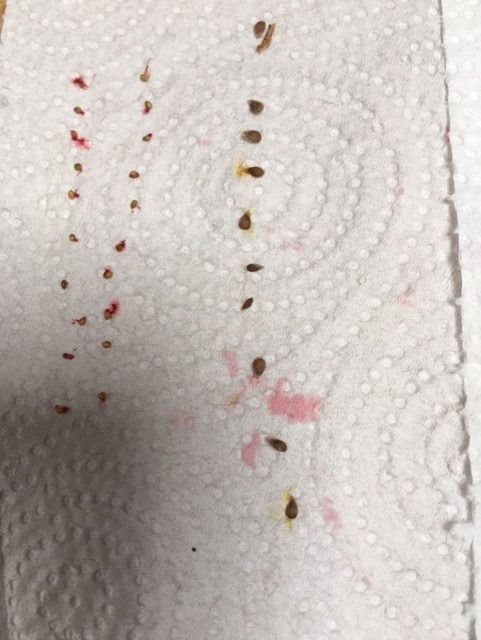
The current tomato plants are proving very slow and disappointing - I'm not convinced anything's going to come of them. This may be because we don't have a very good greenhouse, as there is glass missing that can't be fixed until the end of lockdown, or it may be that we didn't feed them properly at first, so this is Tomato Take 2.
And the strawberry is an experiment, but as getting seeds from a strawberry is neither fast not easy (hint: keep the berry cold and use tweezers), it had better work.
Comments